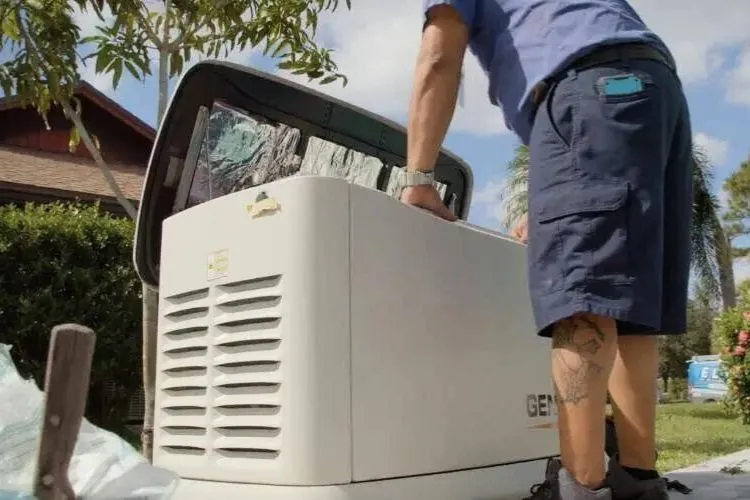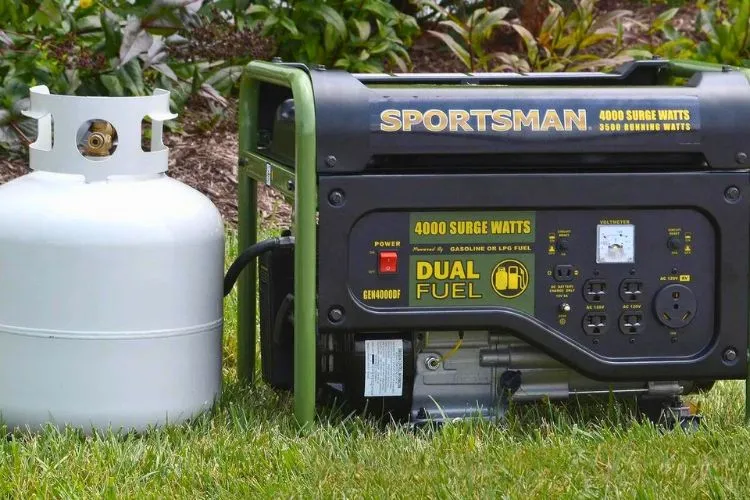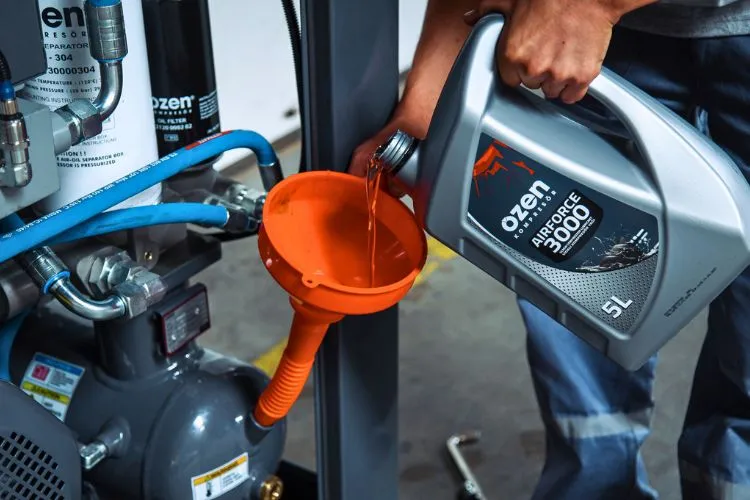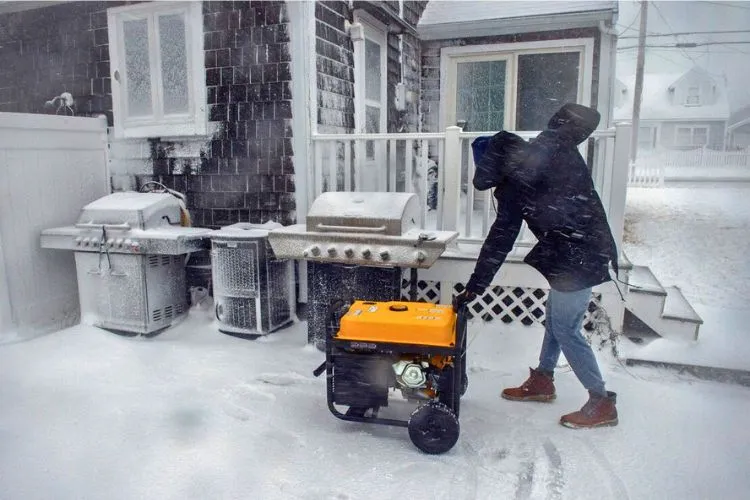When you rely on a generator for power, whether intermittently during outages or as a regular power source, unexpected shutdowns can be more than just inconvenient. You may wonder “Why does my generator keep shutting off?”
They can signal underlying issues that might need immediate attention to prevent damage or even dangerous situations.

Understanding the common reasons why generators shut off unexpectedly is key to addressing these issues efficiently and safely.
Why Does My Generator Keep Shutting Off?
Generators can shut off for various reasons, ranging from simple fixes to more complex mechanical failures. Understanding these causes can help you troubleshoot effectively.
Fuel Issues
One of the most common reasons for generator problems is related to fuel. Low fuel levels might seem an obvious issue, but in the rush to get power up and running, it’s easy to overlook.

Using old or the wrong type of fuel can also cause performance issues. Over time, fuel can degrade and lose its efficacy, leading to incomplete combustion and generator shutdown.
Furthermore, a clogged fuel filter can restrict the flow of fuel to the engine, causing it to stall.
To prevent these issues, always check the fuel level before starting your generator and replace any stale fuel if it has been sitting in the tank for more than 30 days.
Regular replacement of fuel filters as per the manufacturer’s guidelines is also crucial.
Overheating
Generators can overheat due to external temperature conditions or internal operational issues.
When a generator operates in a confined space or in hot weather without adequate ventilation, it can quickly overheat. This not only leads to shutdowns but can also cause lasting damage to the engine.
To prevent this, make sure your generator is located in a well-ventilated area and the vents are not blocked by debris or dust. Regular cleaning of air filters can also help maintain proper airflow.
Oil Level and Quality
Oil is essential for the smooth operation of any engine, including generators. Many modern generators have sensors that automatically shut down the system when low oil levels are detected.

This feature protects the engine from damage but can be frustrating if not monitored. Check your oil level regularly and top it off if necessary.
Additionally, oil can become contaminated over time, affecting its performance. Changing your oil according to the manufacturer’s schedule is vital for keeping your generator running smoothly.
Electrical Issues
Battery Problems
A generator’s battery plays a crucial role in starting the unit. A dead or weak battery can prevent the generator from starting or cause it to shut down shortly after.
Battery connections may also become corroded or loose over time, interrupting power flow.
Regular checks and maintenance will keep the battery in good working condition and prevent unexpected generator shutdowns.
Overload
Generators are designed to handle specific power loads. Exceeding these can lead to overload, where the generator shuts off to prevent damage.
It is important to understand the capacity of your generator and manage the load effectively.
Always calculate the total wattage of the appliances or tools that you connect to the generator and ensure it does not exceed the generator’s capacity.
It’s advisable to disconnect any unnecessary devices if you are approaching the load limit.
Environmental Factors
Extreme Weather Conditions
Generators are affected by weather conditions. High temperatures can exacerbate overheating issues, while cold weather can thicken oil and make diesel fuel gel, both of which can impact performance.
Using weather covers and considering climate-controlled housing can protect your generator from severe weather and keep it running efficiently.

Poor Placement and Installation
The physical location of your generator affects its performance. Installing a generator on uneven ground can cause oil to pool unevenly in the engine, leading to inaccurate oil level readings and potential shutdowns.
Always ensure that your generator is placed on stable, level ground. Hiring a professional for installation can ensure that all environmental factors are considered, reducing the risk of issues.
Mechanical Failures
Worn Out Components
Parts such as spark plugs, carburetors, and filters can wear out over time and lead to generator shutdowns.
These components are integral to the engine’s function and, if failed, can prevent the generator from running smoothly.
Setting up a schedule for routine checks and replacing parts prone to wear can extend the life of your generator and ensure reliable operation.
Improper Maintenance
Regular maintenance is crucial for the longevity and efficiency of any mechanical system, including generators.
Neglecting routine maintenance can lead to a buildup of problems that might cause the generator to shut off unexpectedly.
Always adhere to the manufacturer’s maintenance schedule, which includes regular checks of oil, filters, and other vital components.
You may also read: How to Cover Generators in Rain? Simple Guide
Frequently Asked Questions (FAQs)
What should I do if my generator continues to shut off after checking these common issues?
If basic troubleshooting doesn’t solve the problem, it may be wise to consult a professional. Persistent issues could indicate more complex internal problems that require expert diagnosis and repair.
How often should I really perform maintenance on my generator?
The frequency of maintenance depends on the model and how often you use your generator. Refer to the manufacturer’s guidelines for a maintenance schedule specific to your model.
Can weather really affect how my generator operates?
Yes, extreme weather can impact generator performance. High temperatures can cause overheating, while cold can affect battery performance and fuel flow.
Is it safe to adjust or repair my generator’s internal components on my own?
While basic maintenance like checking oil and changing filters can be done by most individuals, more complex tasks should be handled by professionals to avoid damage or voiding warranties.
Conclusion:
Regular maintenance and a clear understanding of the operational necessities of your generator will greatly reduce the chances of unexpected shutdowns.
Being proactive about these aspects ensures not just the longevity of your generator but also its readiness and reliability when you need it most.
Understanding why a generator shuts off unexpectedly and addressing these issues can prevent future problems and ensure that your power source is reliable when you need it most.
